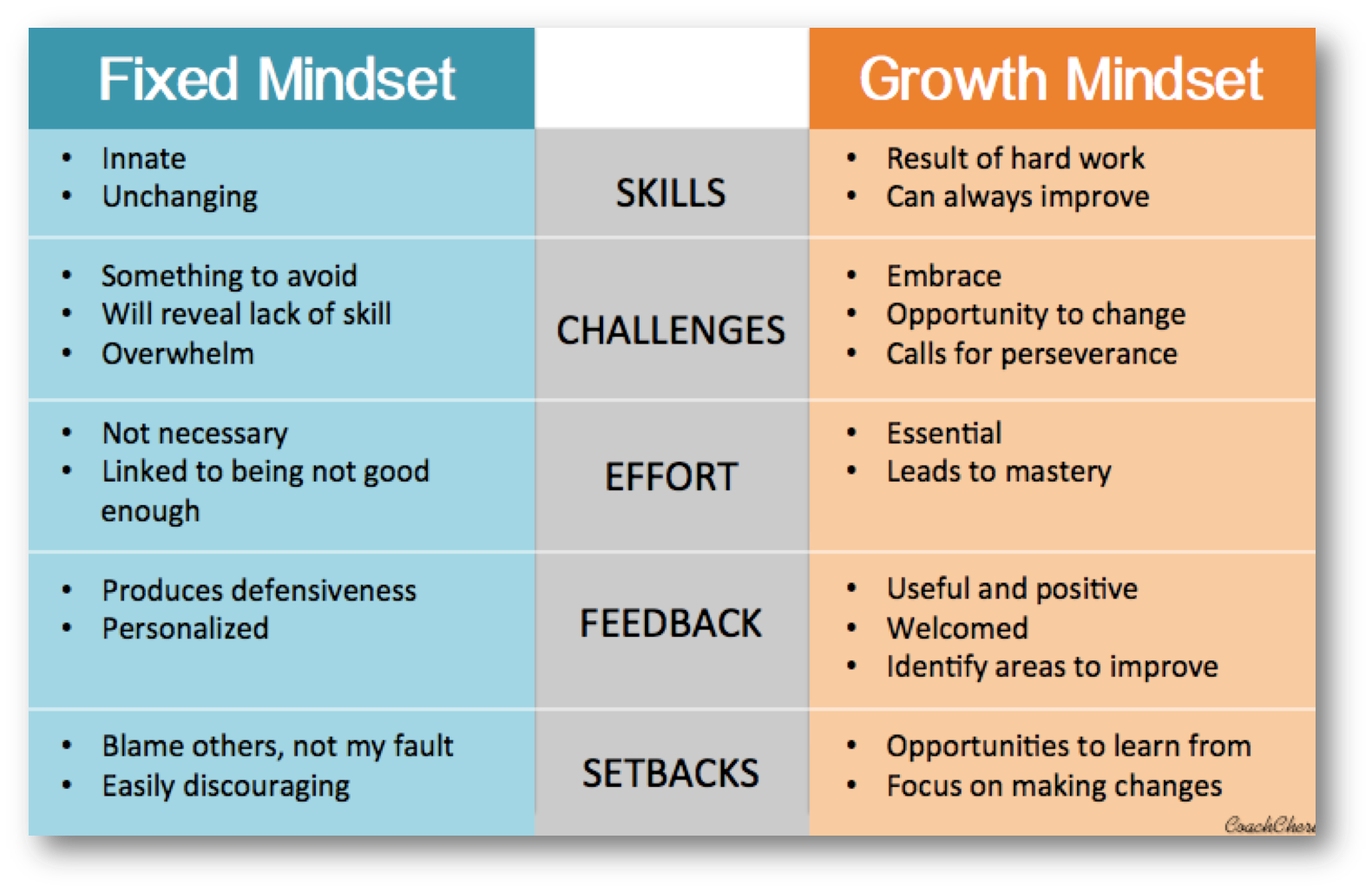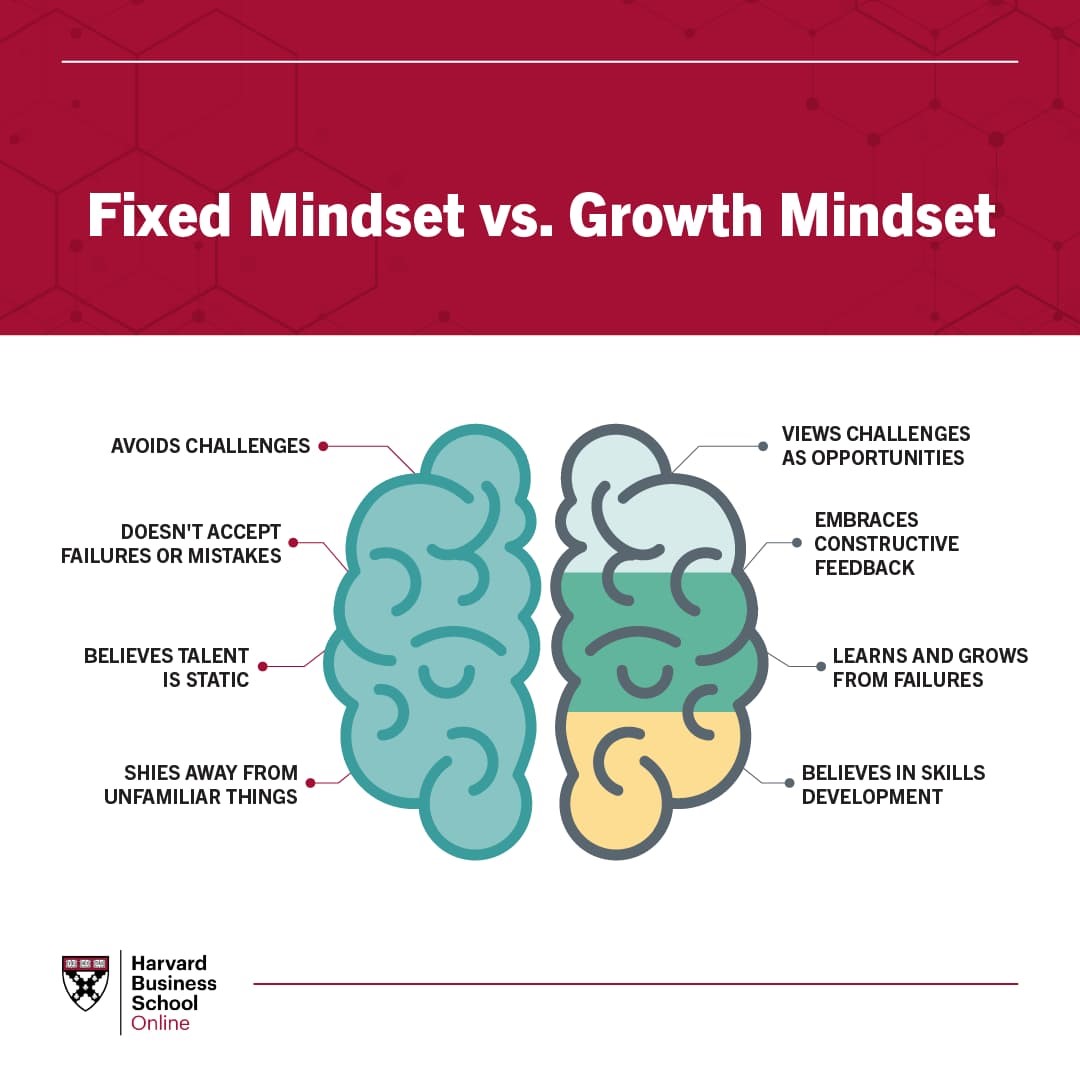What is a growth mindset?
A growth mindset is the belief that a person’s capacities and talents can be improved over time. A growth mindset is the belief that a person’s capacities and talents can be improved over time. The term growth mindset was first coined by American psychologist, Dr. Carol Dweck, in her 2006 book, Mindset: The New Psychology of Success. According to Dr. Dweck’s research, individuals with a growth mindset were more successful than those with a fixed mindset. A fixed mindset is the belief that intelligence, talents, and other abilities are innate and fixed. However, a growth mindset is a belief that abilities can be developed through practice and effort. With a growth mindset, failure is viewed as an opportunity to learn and grow, and challenges are welcomed and sought out as a chance to learn and grow. Practice and effort are the path to mastery and a key component of success. In growth mindset, motivation focuses on learning, development, and continuous improvement. A person with a growth mindset responds to setbacks and challenges with perseverance, resilience, and seeks to understand the reasons for failure and try new strategies and adapt to changes to succeed.



How is a growth mindset beneficial?
A growth mindset is beneficial because it primes a person to be successful and more satisfied with life. The benefits of a growth mindset include:
- Improving your self-esteem and self-belief.
- Learning new skills and things you do not know.
- Embracing challenges and feedback.
- Seeing new opportunities and possibilities.
- Being more optimistic, courageous, and happy.
Take this quiz at to determine if you have a growth mindset or not: https://blog.mindsetworks.com/what-s-my-mindset
How do you develop a growth mindset?
To develop a growth mindset, you can:
- Identify your own mindset and recognize that you have a choice.
- Listen to the mindset voice inside of you and talk back with a growth mindset voice.
- View challenges as opportunities and embrace imperfection.
- Learn something new and make mistakes.
- Seek feedback and learn from others’ success.
- learning and turn negative thoughts into positive ones.
- Harness the power of possibilities and practice.
- Be kind to yourself and stop seeking approval of others.

